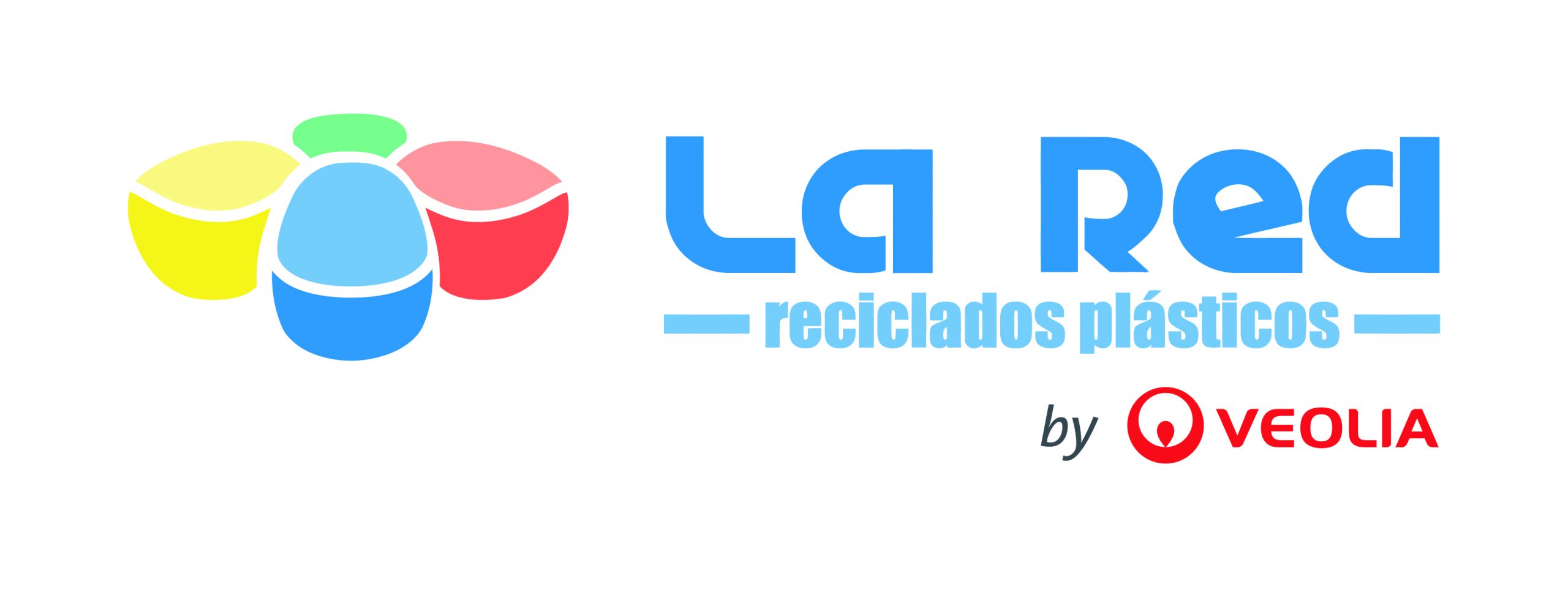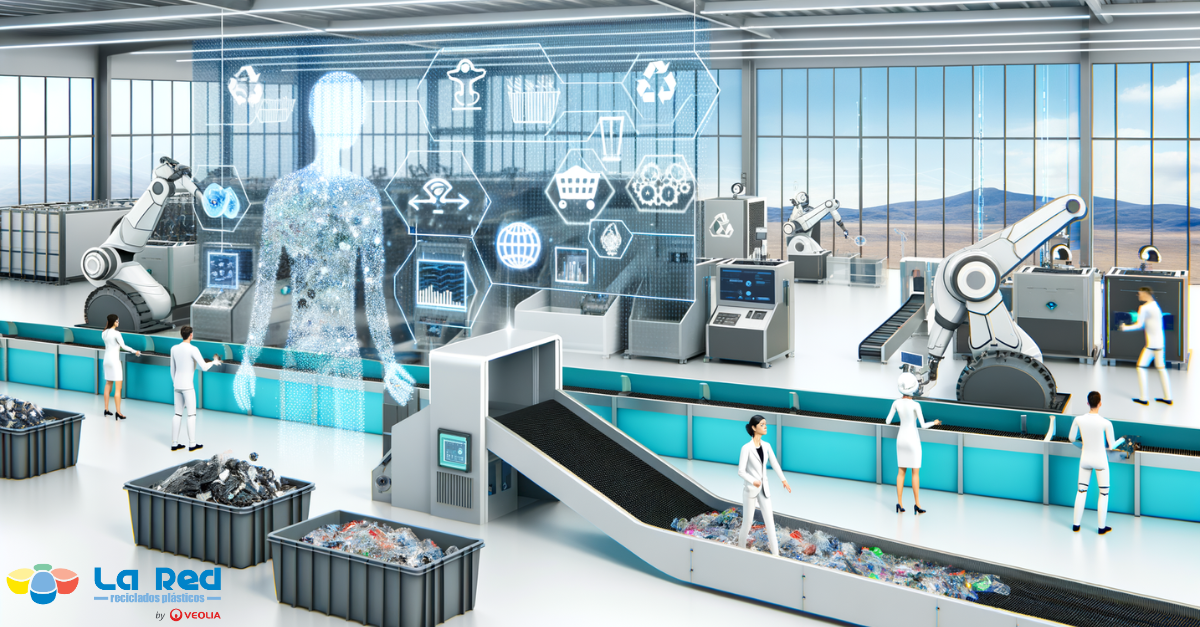In recent years, artificial intelligence (AI) has begun to revolutionize the plastic recycling sector, introducing new technologies that make the process more efficient and effective. These innovations are helping to maximize recycling rates and reduce the environmental impact of plastic waste.
One of the most promising applications of artificial intelligence in recycling is the improvement of the waste sorting process. Traditionally, this task has been manual, which is slow and prone to errors. With the use of computer vision systems, recycling plants can identify and sort different types of plastics with much greater accuracy and speed than possible manually. This not only increases the efficiency of recycling, but also improves the quality of recycled plastic.
In Spain, several initiatives are already incorporating artificial intelligence into their recycling operations. For example, some plants are using robots equipped with AI that not only separate different types of plastics, but also extract impurities from the recycling lines. These innovative technologies optimize resources and reduce operational costs, making recycling more economically sustainable.
In addition to sorting, artificial intelligence is also helping to predict and manage waste flows. In Europe, there are research projects that use AI algorithms to analyze waste collection data, allowing cities to optimize collection routes, predict peaks in the amount of plastic waste, and improve logistical planning. All of this contributes to more efficient and sustainable management of plastic recycling.
The rise of artificial intelligence in the plastic recycling sector is also stimulating collaboration between technology companies and recycling organizations. This synergy not only drives innovation, but also encourages the development of new technological solutions that can be transferred to other related sectors, such as electronic waste management or metal recycling.
At Reciclados La Red by Veolia, we recognize the importance of being at the technological forefront to continually improve our plastic recycling processes. Therefore, we consistently invest in new technologies that allow us to optimize each stage of recycling. These investments include the implementation of advanced sorting systems with optics and intelligent sensors, which improve the accuracy and efficiency of our work. We are also studying the use of artificial intelligence algorithms to more effectively manage our operations and resources. These initiatives not only reinforce our ability to process plastics more sustainably and efficiently, but also contribute to establishing a higher standard in the recycling industry in Spain and Europe.

